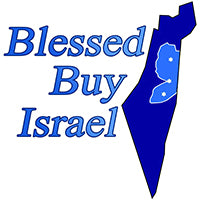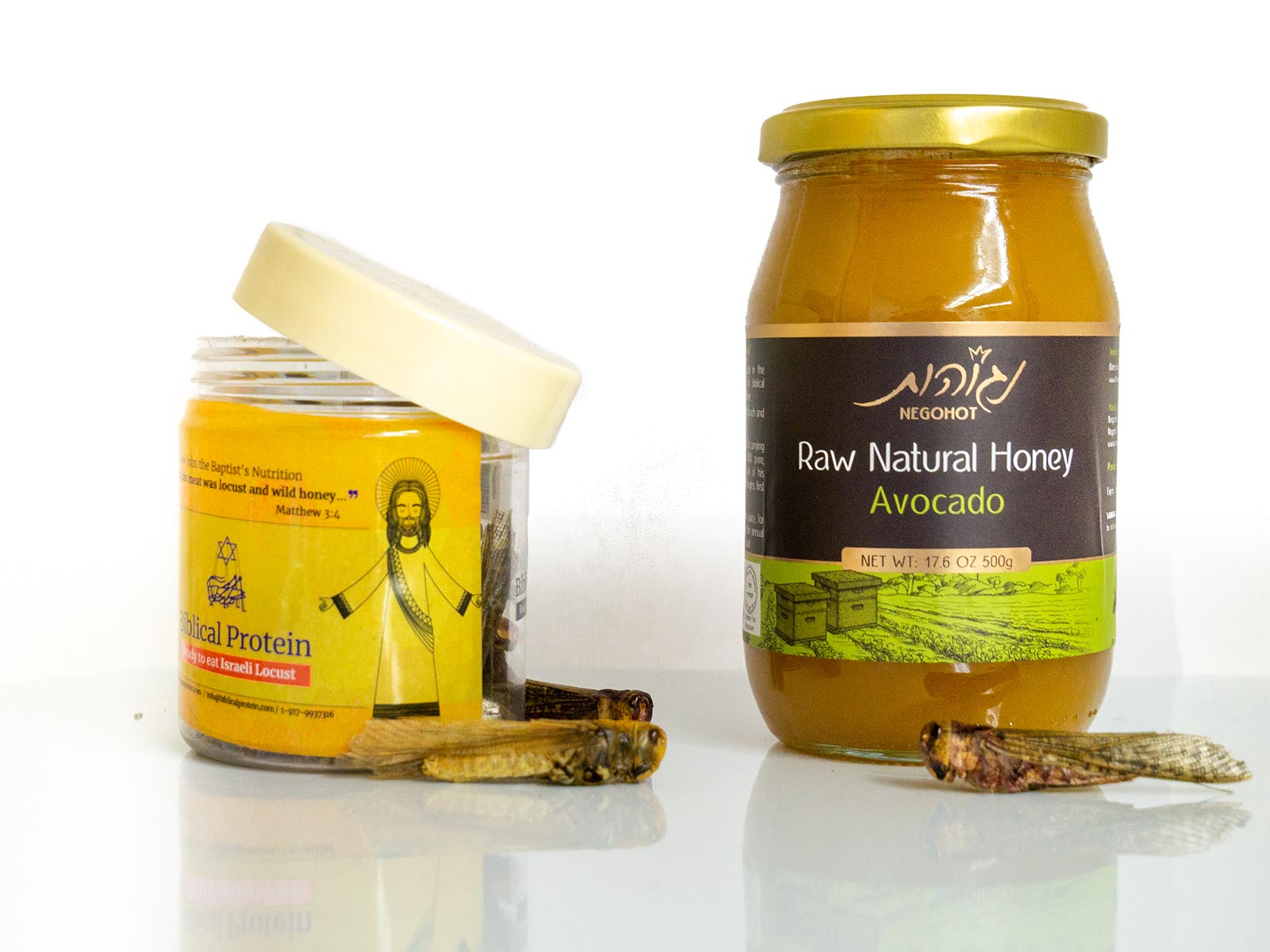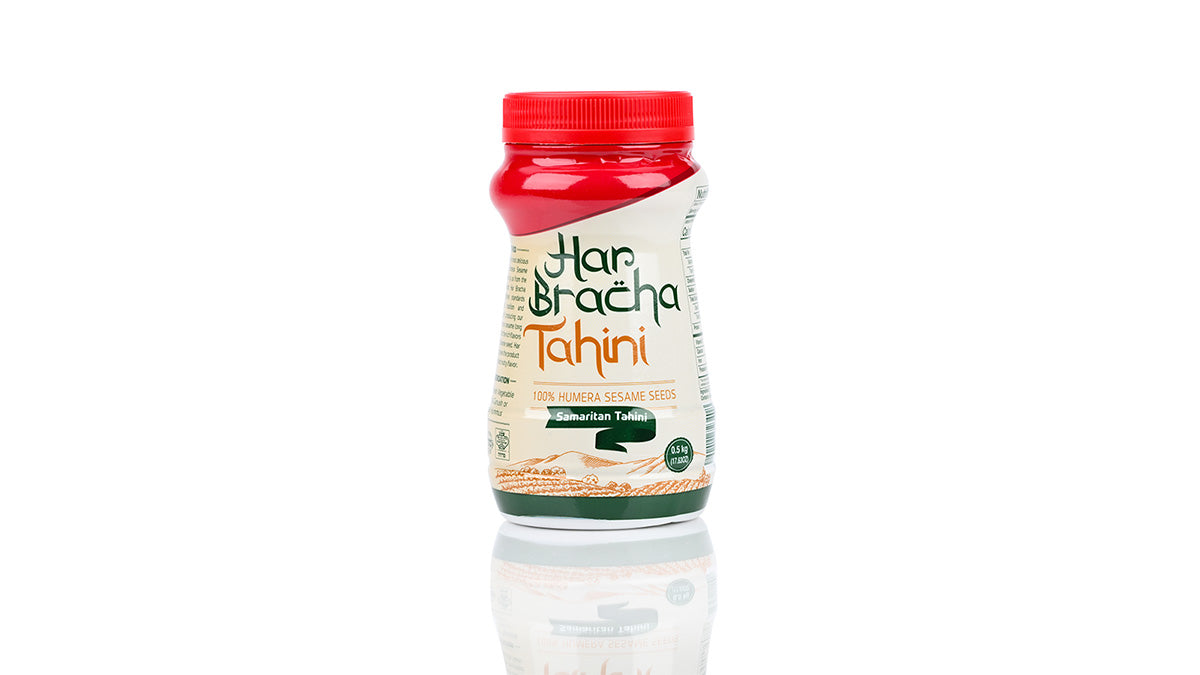A man stands in the middle of Jordan River, his long hair flowing in the wind. He wears a coarse garment made of camel’s hair and it’s been said that his food is the diet of the desert—Locusts and wild honey. Basically, he eats whatever the wilderness provides. He declares the words of Isaiah the prophet saying, “I am the voice of one calling in the wilderness, ‘Make straight the way for the Lord.’”
Some call him John the Baptizer, others call him “the Prophet,” while still others wonder if he might be the Messiah. He openly declares himself to be nothing but a voice of preparation, readying the nation of Israel, his people, for the coming of the Anointed One. When the Anointed One finally arrives on the scene, he questions the crowds concerning John the Baptizer. He asks, “What did you go out into the wilderness to see? A reed swaying in the wind? [] A man dressed in fine clothes? [] A prophet? Yes, I tell you, and more than a prophet…”

Image Source: Biblical Protein (www.biblicalprotein.com)
The Ultimate Wilderness Man
You see, John was no “reed swaying with the wind.” John the Baptizer was the ultimate wilderness man. Up there with the best—alongside the likes of Bear Grylls or Dave Canterbury—John the Baptist was a man’s man; nothing wimpy or soft about him.
Most importantly, his wilderness lifestyle was to bring all glory to God and all people to repentance. What was one of the things that made John the Baptizer such an ultimate-man-survivor for God? As the proverbial saying goes, “You are what you eat!” John was no exception. His lifestyle was definitely out of the ordinary and so was his diet: locusts and wild honey. Let’s take a look at these main two ingredients found in John the Baptizer’s nutrition routine, starting with locusts.
"Locusts and Wild Honey"
On a practical note, one of the Rabbinical thoughts given as to why locusts are kosher—“fit to be eaten”—as written in the Torah is because when a locust swarm would come and devour a person’s crops, the only two remaining choices were to eat locusts or starve. Locusts have, by far, the highest amount of protein out of any animal product next to fish. 72% protein content with minerals and vitamins, minus the antibiotics and growth hormones. Locusts are one of the best protein sources available and John the Baptist knew it!

Bee Honey and Date Honey
Next, “Wild honey.” This expression may sound relatively easy to understand, except, we have two kinds of honey found in the Bible.
The first is obviously bee honey from a hive. Bee honey is rich in antioxidants and plant compounds which promote overall cell and immune system health. Honey and other bee products are known to fight inflammation and help to heal burn wounds. Honey is a great, natural & healthy alternative to the many various sweeteners and syrups out on the market today.
Learn more about the beautiful family we get our honey from »
The second kind of biblical honey is something referred to in Israel as “Silan” which is Persian for “Honey.” Silan, also known as Date syrup, is made by simply heating pitted-dates up to super high temperatures and then adding water to determine thickness. As well as being a delicious sweetener, dates are high in fiber and also have antioxidant and mineral properties contributing to a strong immune system and overall health.
A look at the organic farm we get our Date Silan from »
These three ingredients were the main elements of John the Baptizer’s “Desert Diet.” Obviously, John was surviving the wilderness and not necessarily thriving. But it never hurts to try a Prophet’s diet. And while you’re at it, add in some Israeli chocolate or some great olive oil to have a strong, healthy, Israeli made body! Me’tiv HaBriut—Best of Health!





Clarence Capps
September 27, 2024
I would like to start buying honey from you . Thanks.
.